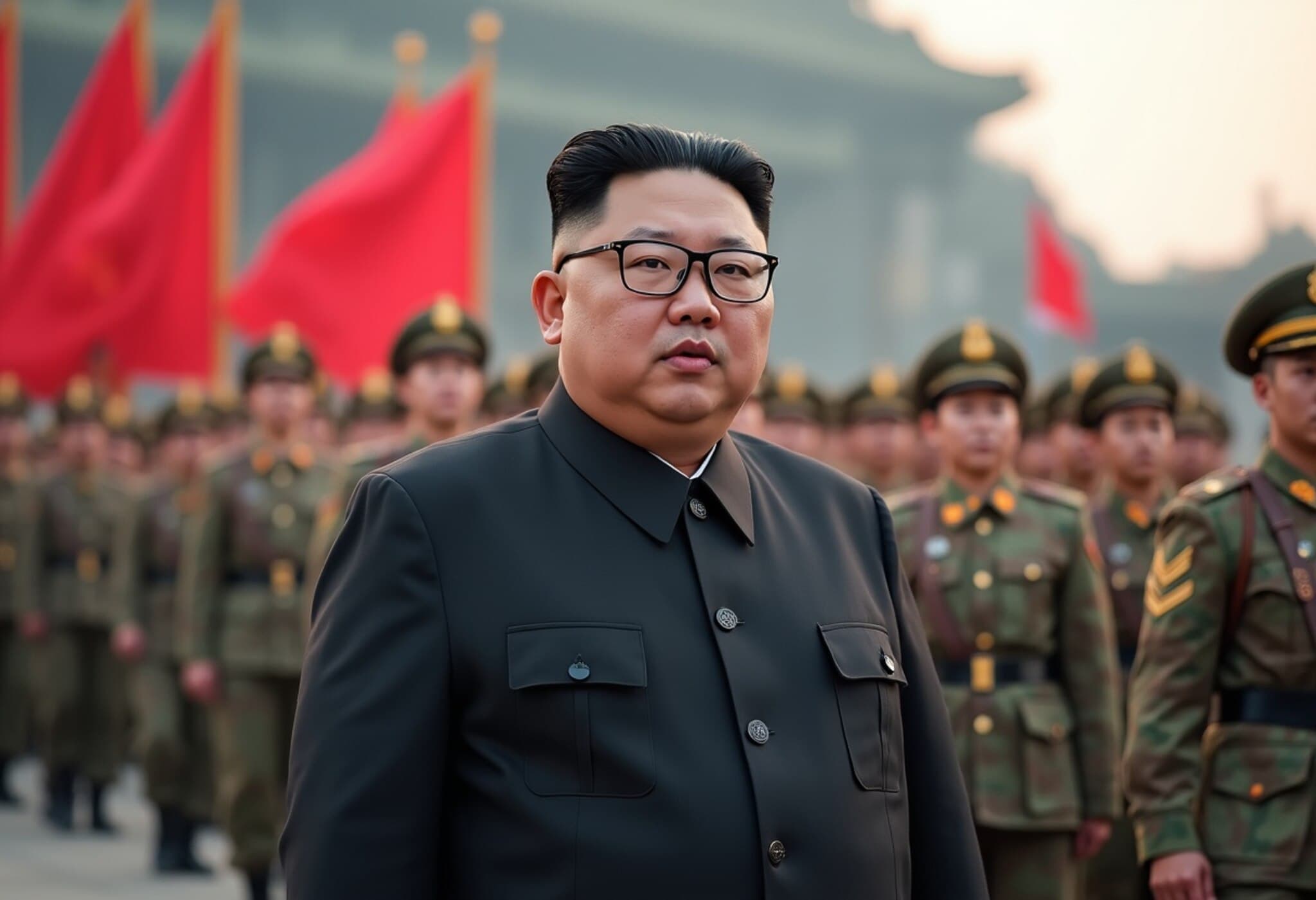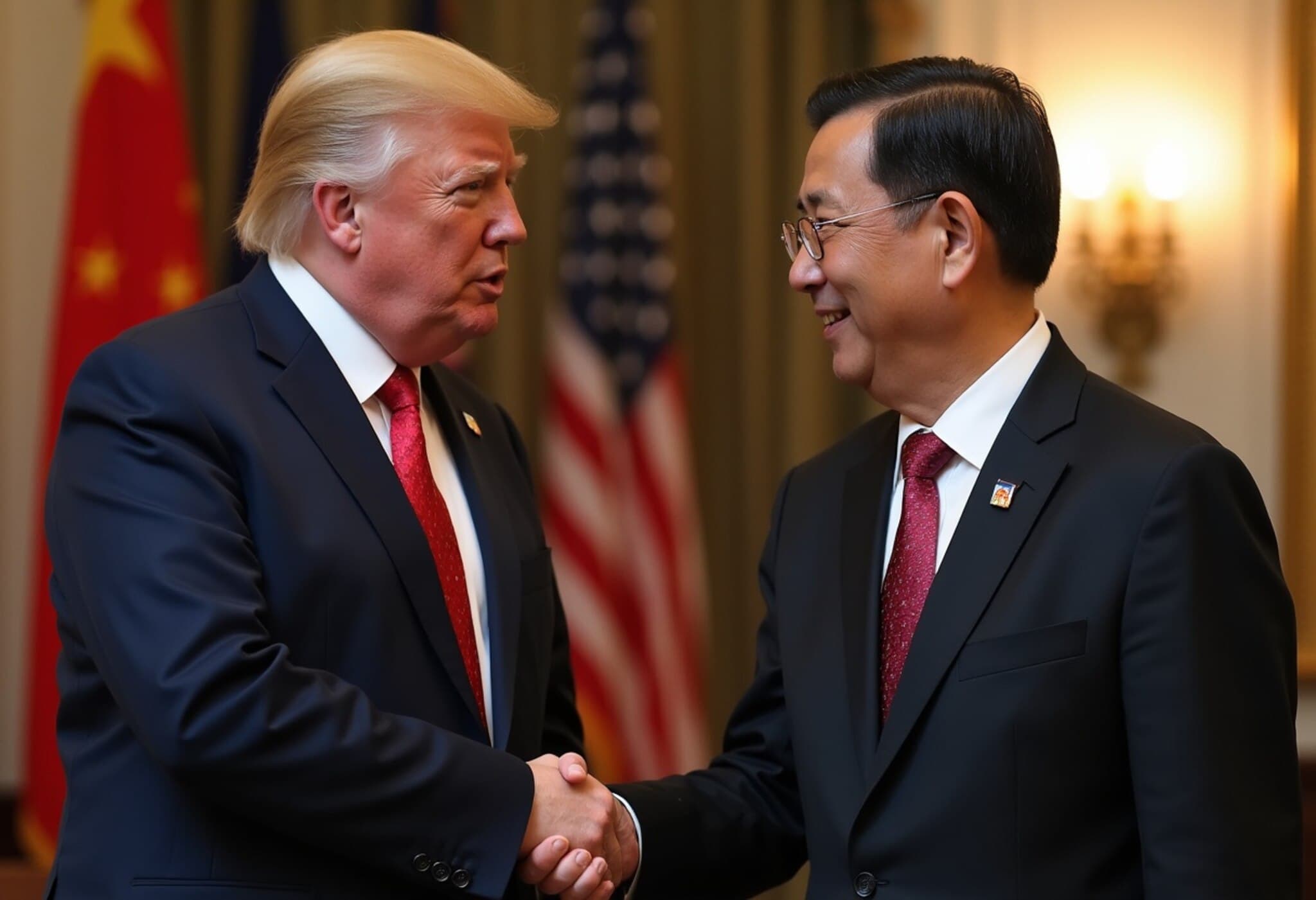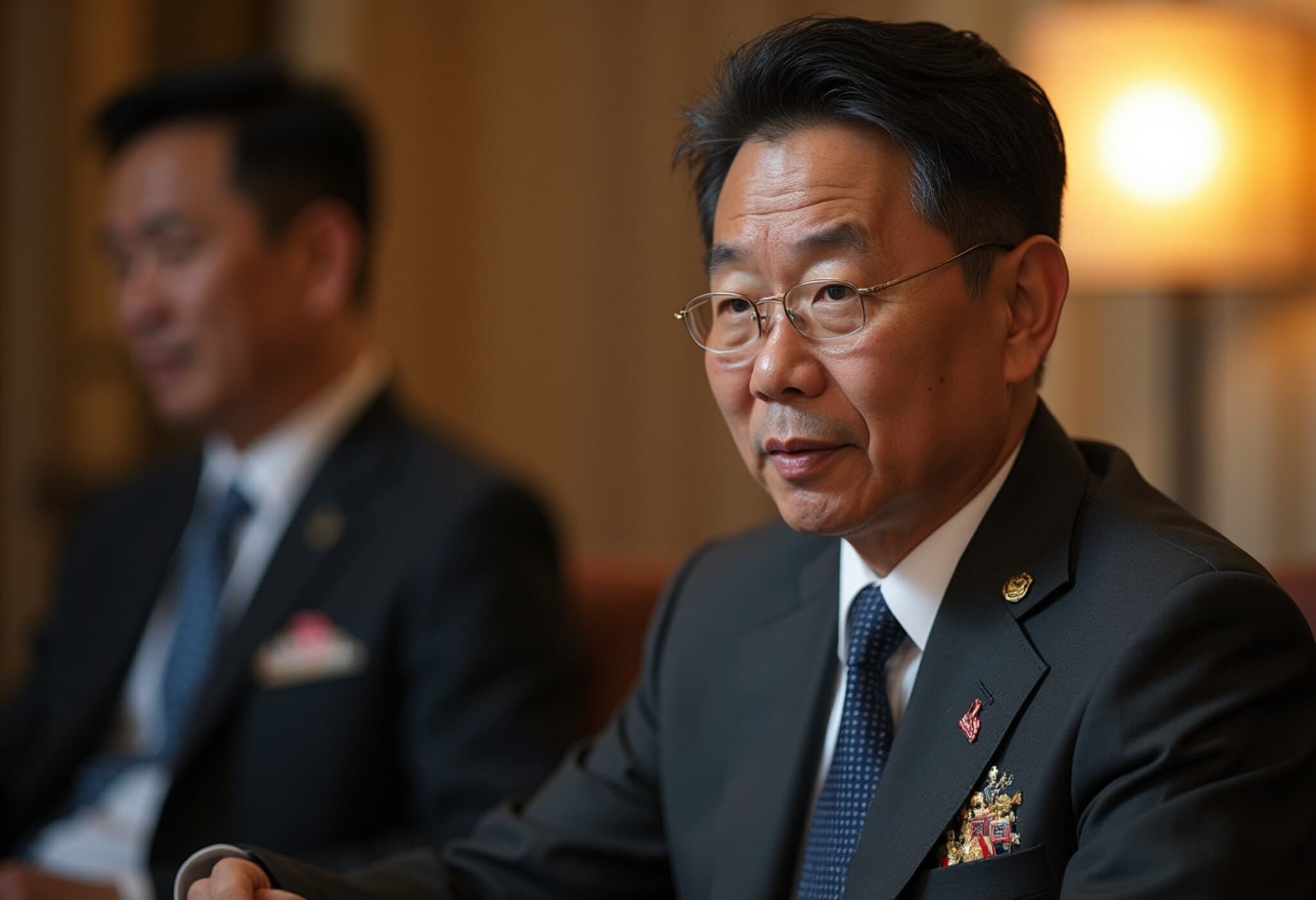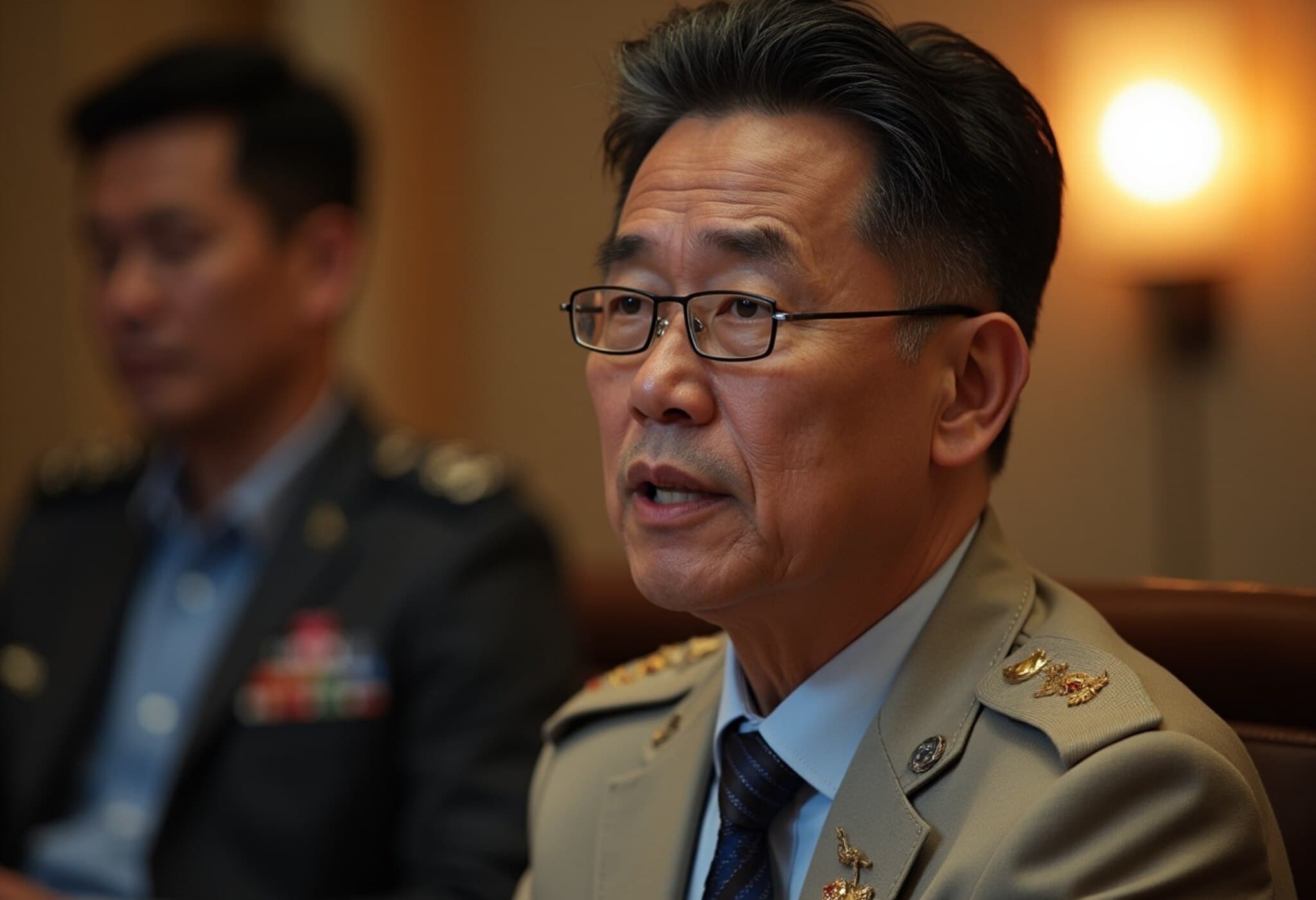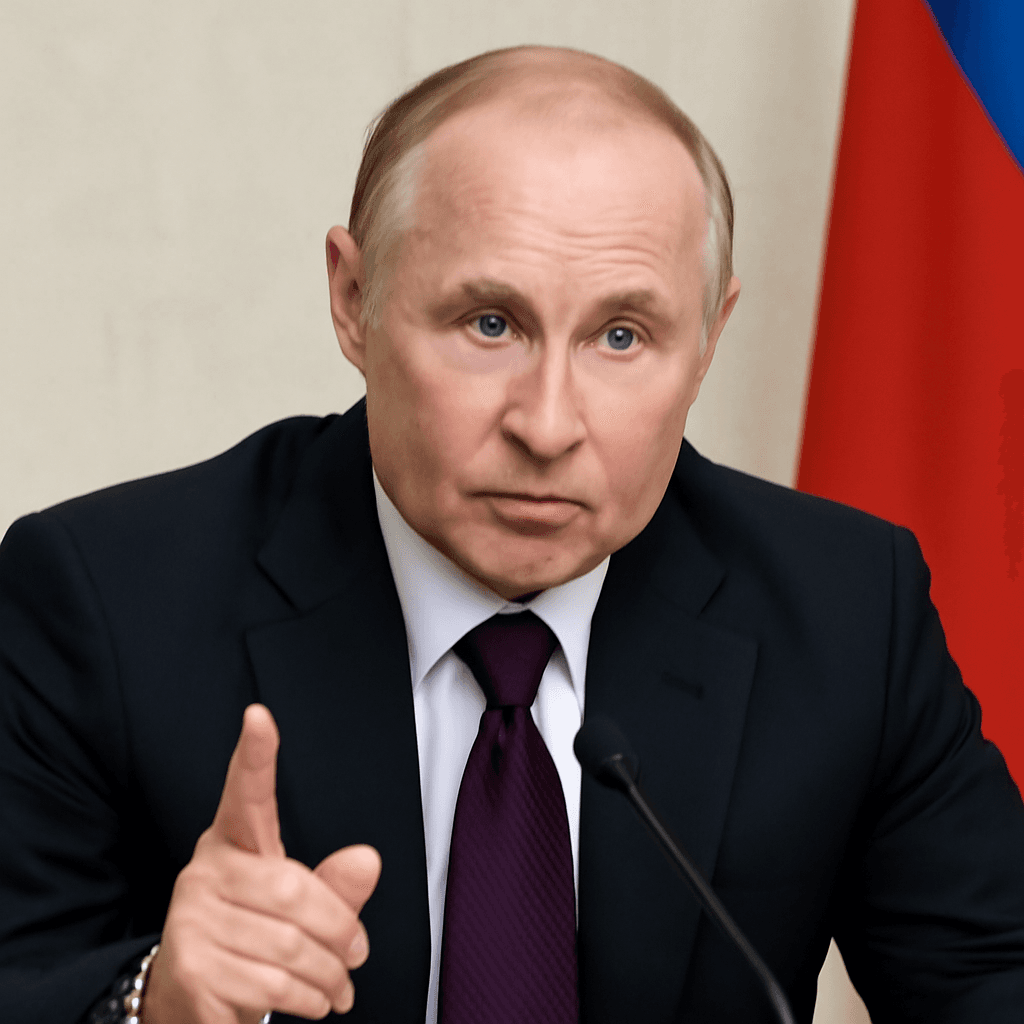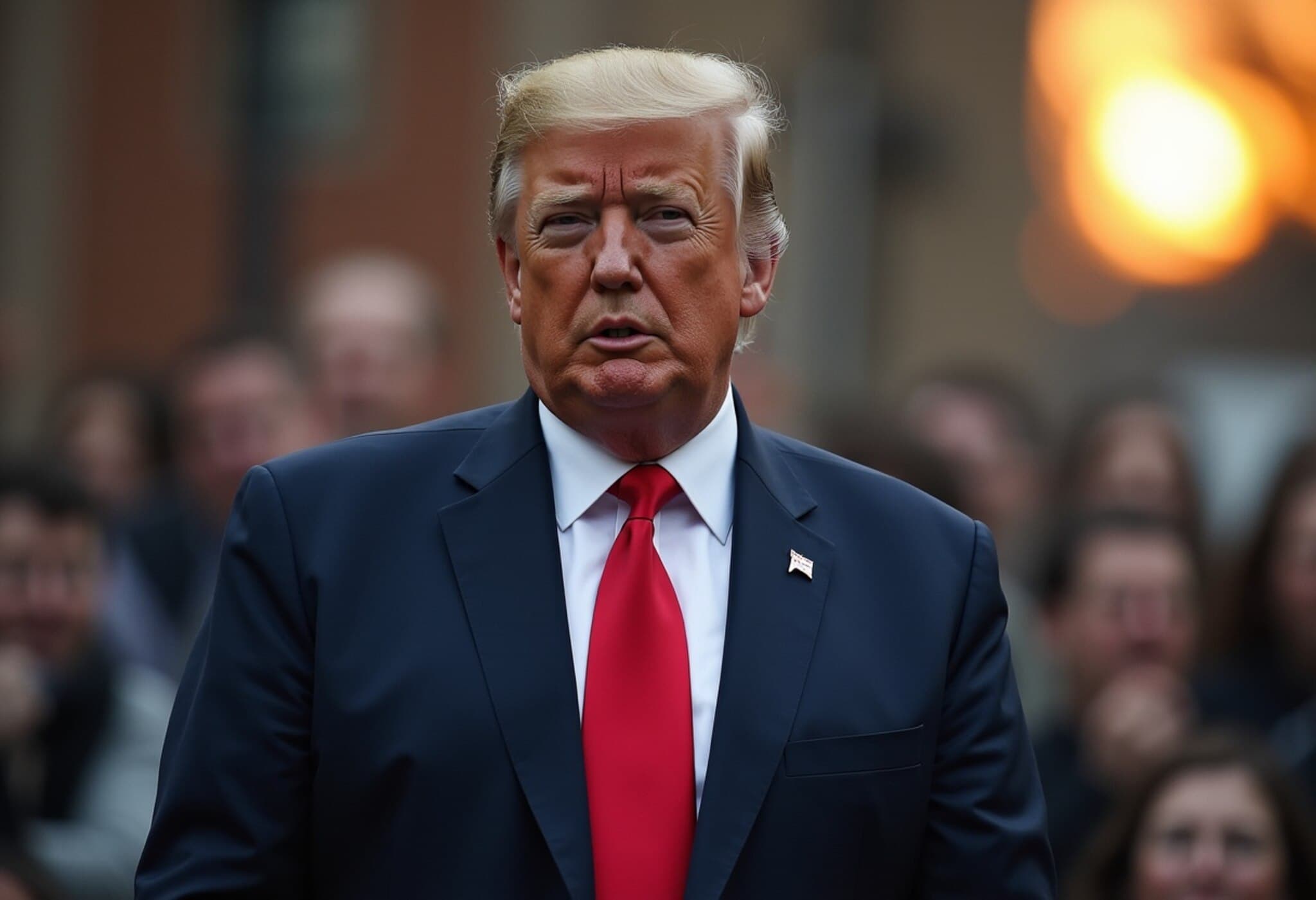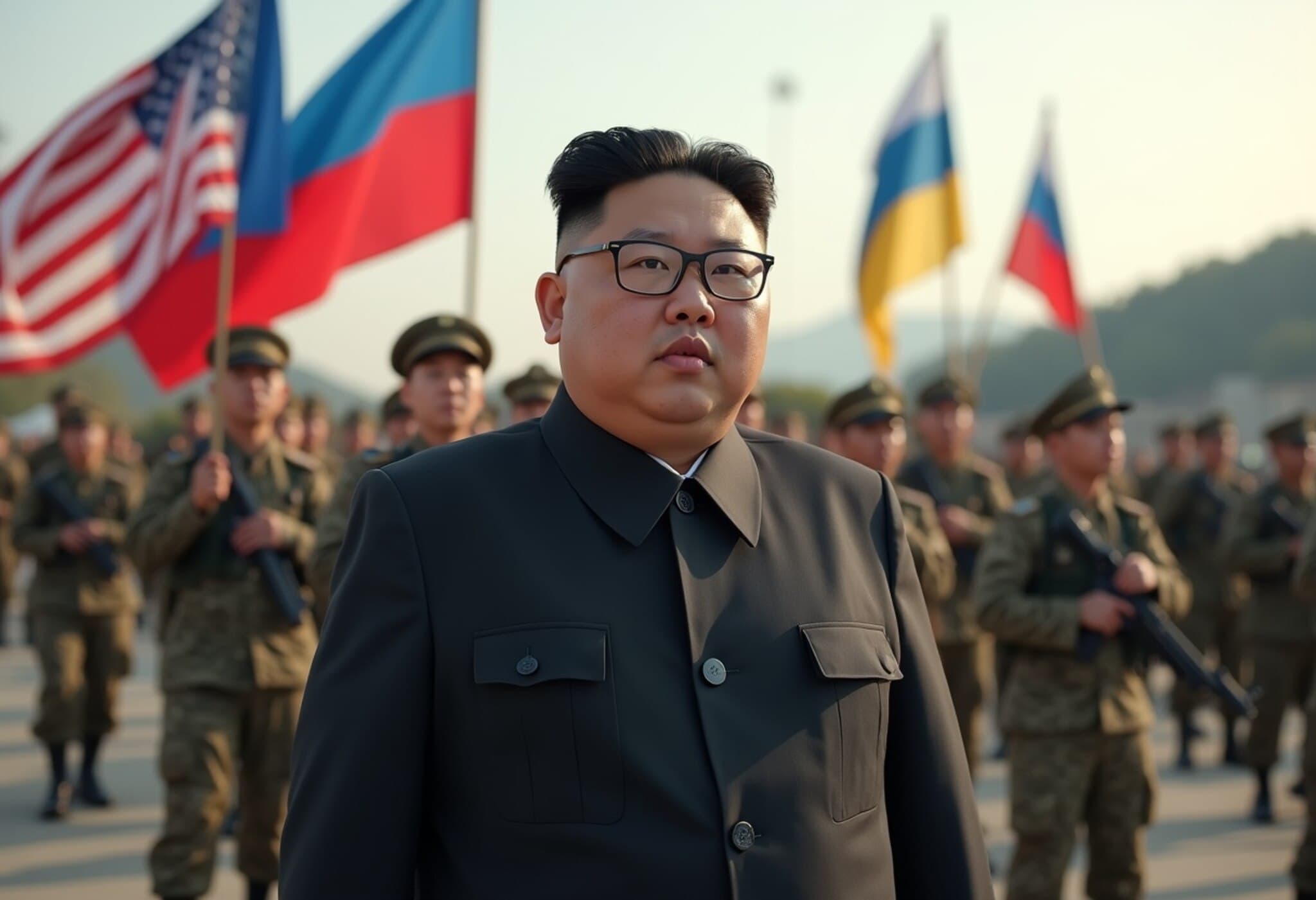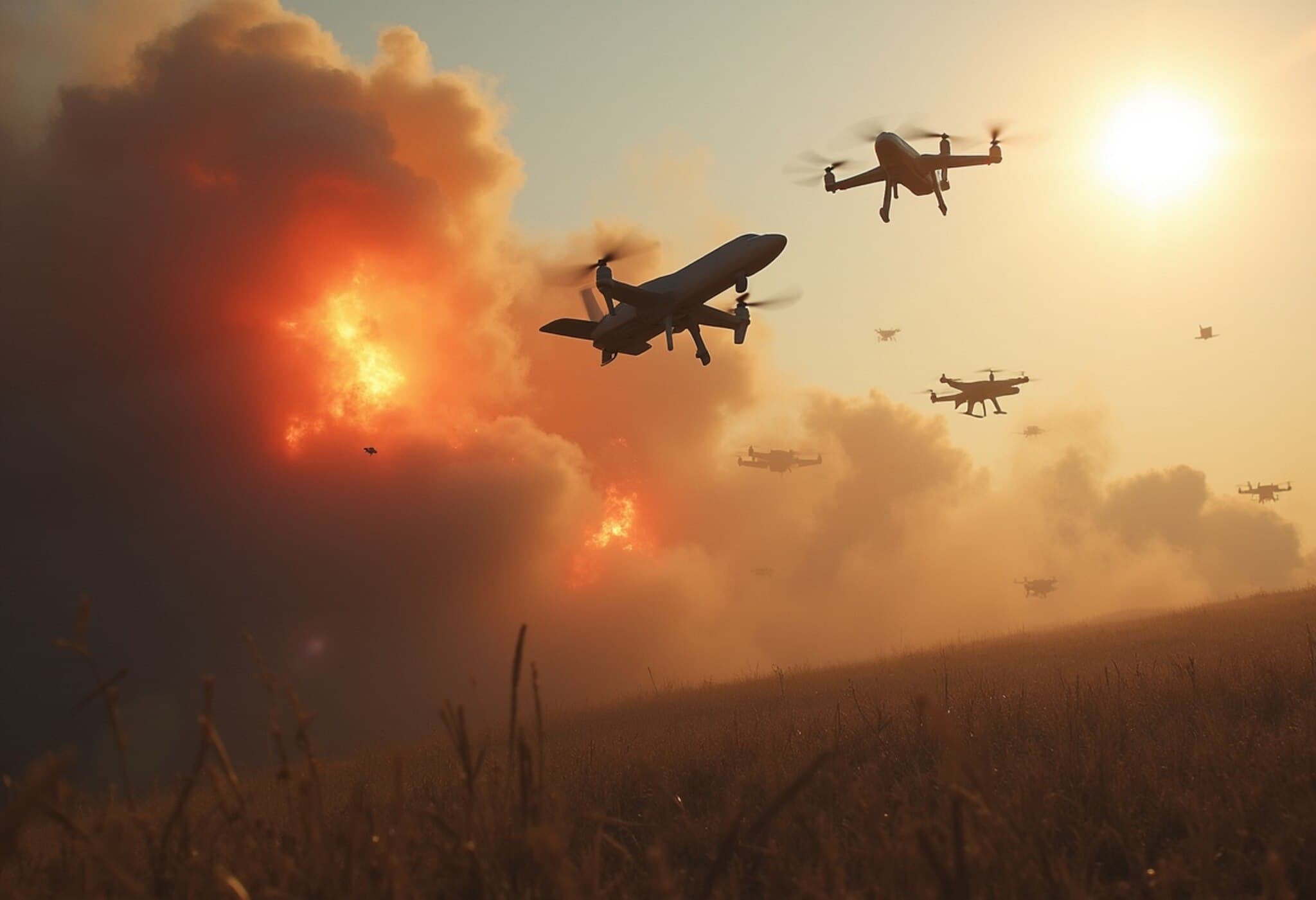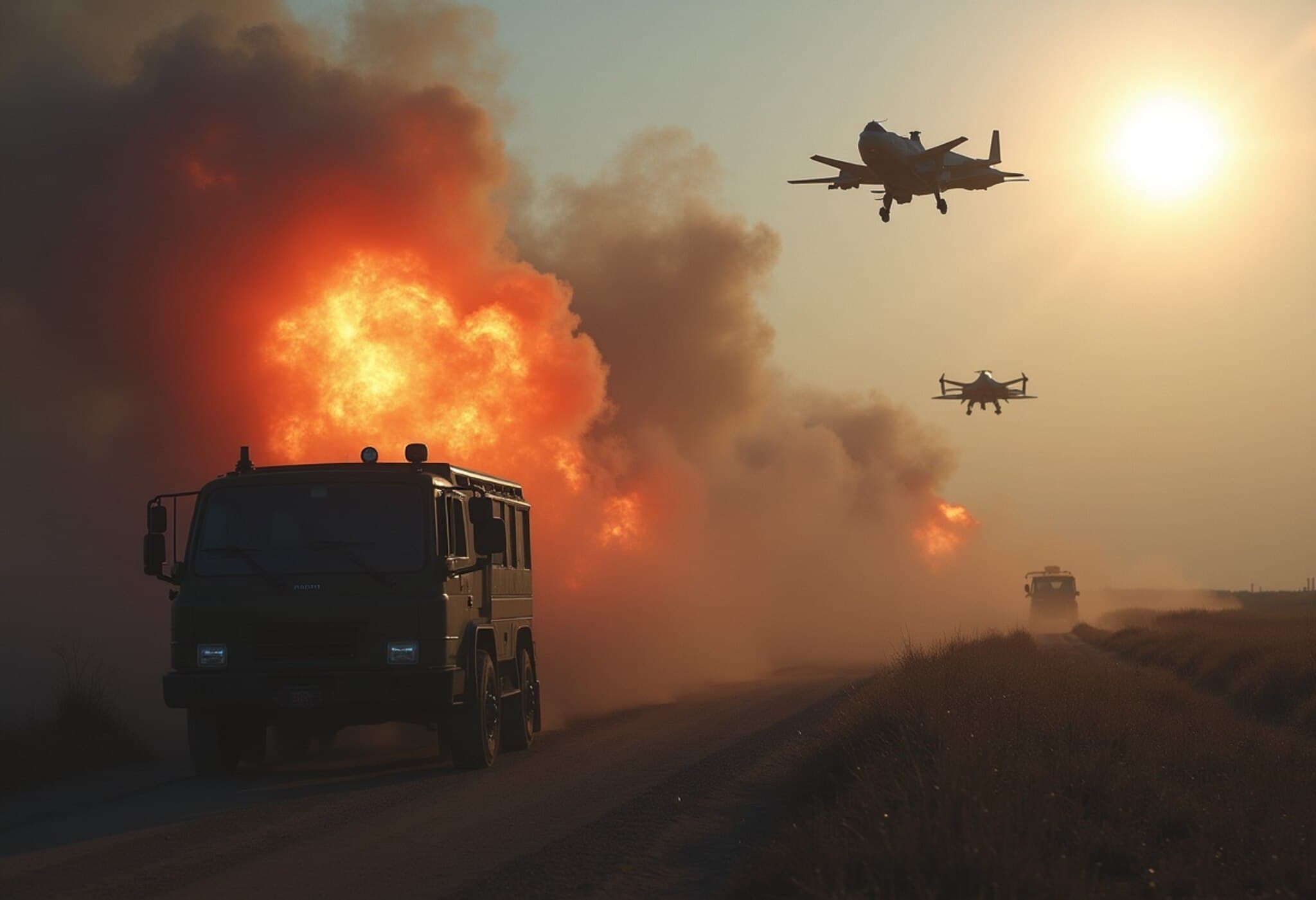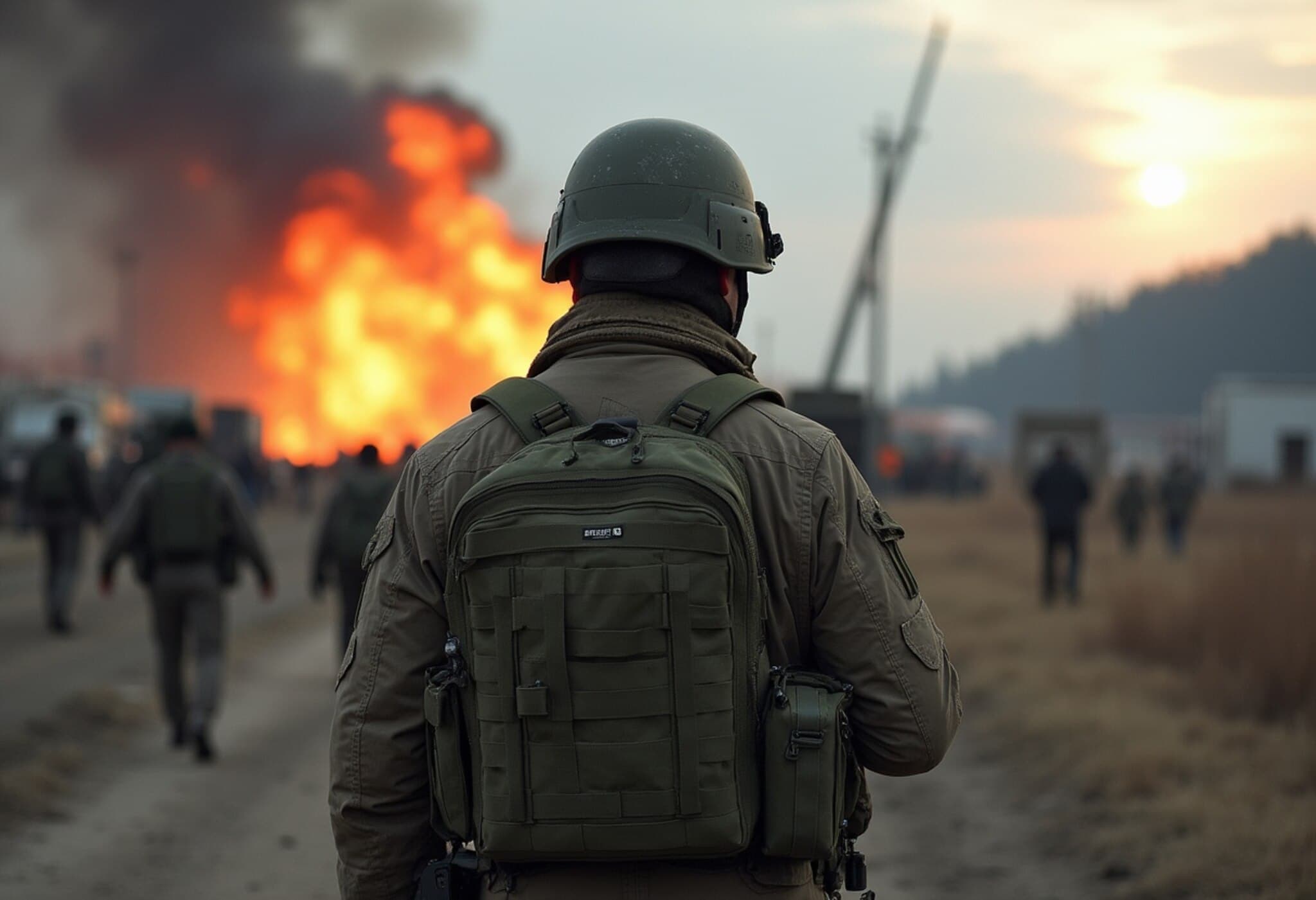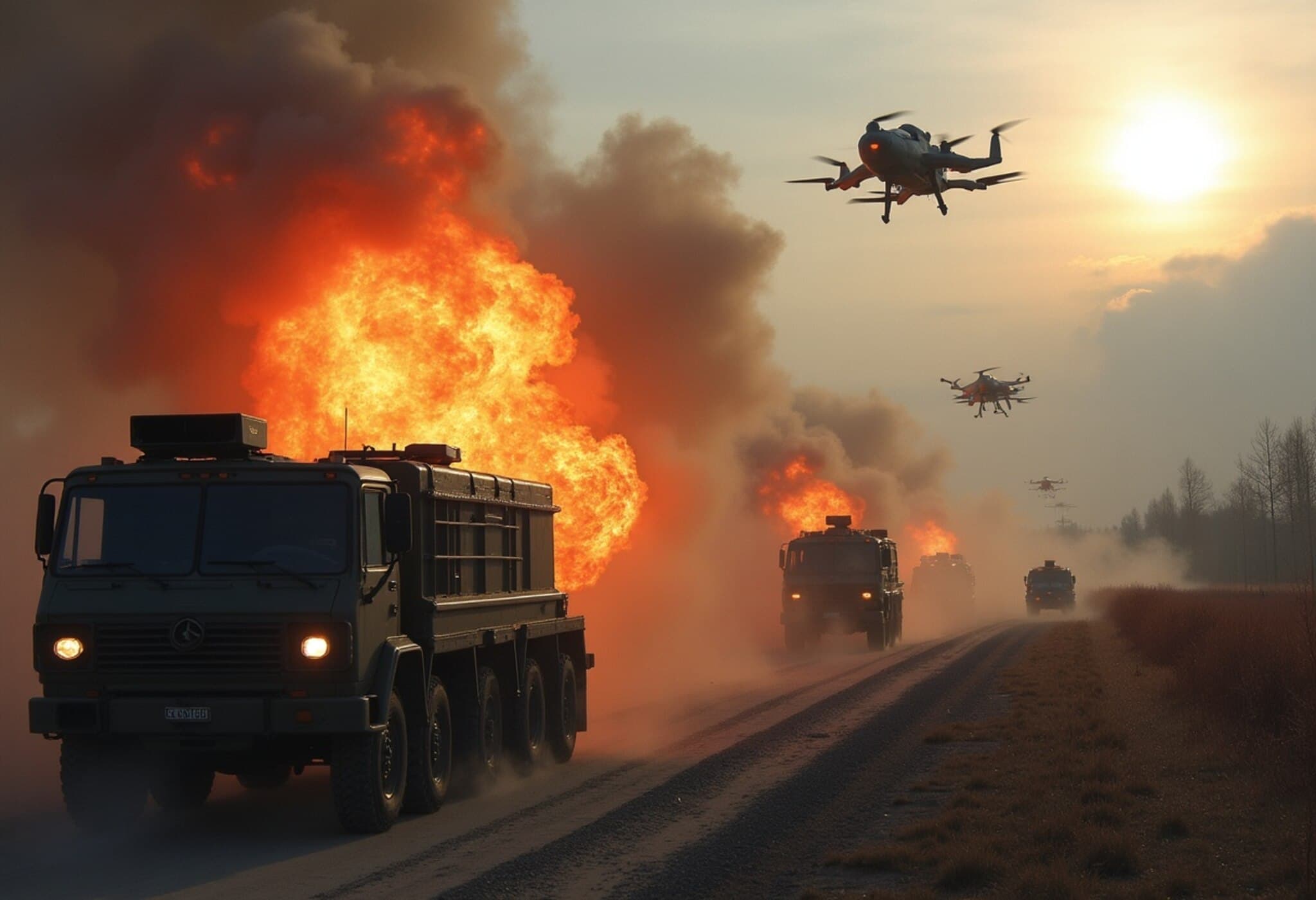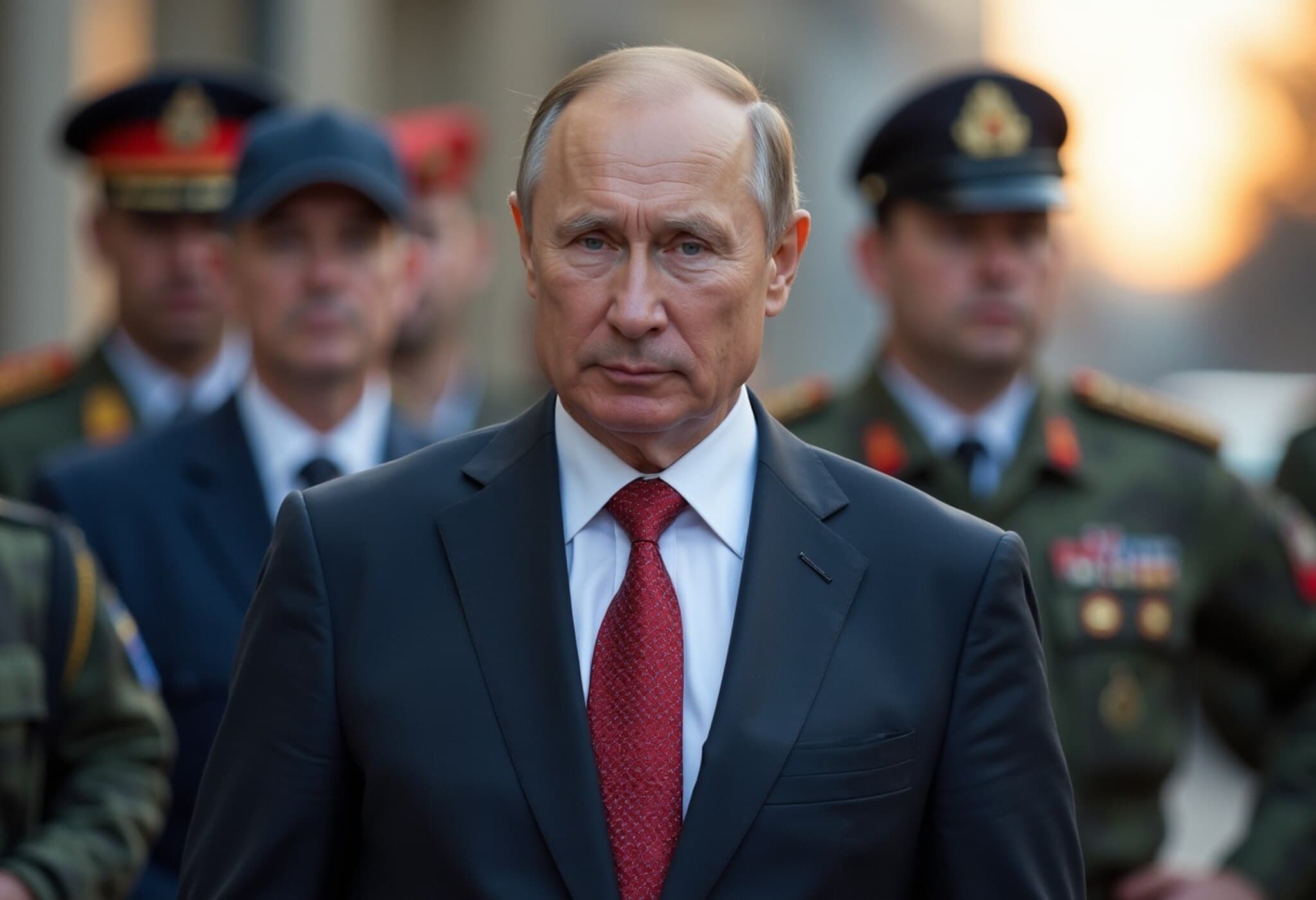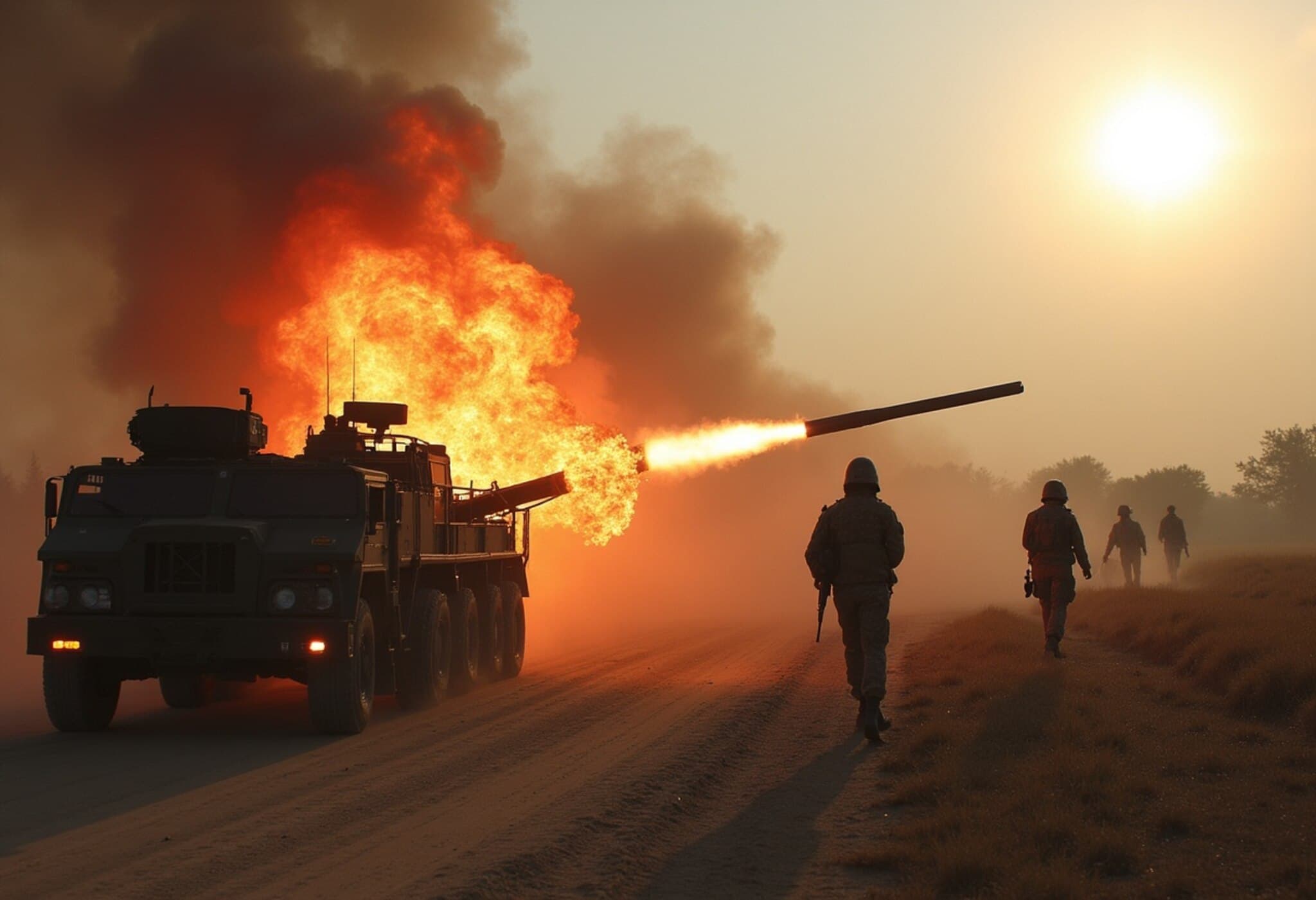North Korea Urges Troops to Prepare for 'Real War' Amid Rising Tensions
In a stark display of military resolve, North Korean Supreme Leader Kim Jong Un has urged his armed forces to maintain constant readiness for military conflict. Overseeing a recent artillery drill, Kim emphasized the need for soldiers to be prepared for "real war anytime" and to possess the capability to "destroy the enemy in every battle," according to reports from North Korea’s state media.
Intensive Artillery Exercises Highlight Pyongyang’s Stance
Footage broadcast by the Korean Central News Agency (KCNA) depicted soldiers firing artillery shells into the sea, with Kim Jong Un watching the exercises through binoculars alongside senior military officials. While the exact location of these drills was not disclosed, the demonstration underscores Pyongyang’s continued focus on strengthening its military might amid escalating regional tensions.
North Korea’s Military Backing of Russia in Ukraine Conflict
North Korea’s calls for heightened military preparedness coincide with its ongoing support for Russia’s conflict in Ukraine, now enduring into its fourth year. Intelligence from South Korea and Western sources estimates that approximately 10,000 North Korean troops were deployed to Russia’s Kursk region last year, equipped with artillery, missiles, and long-range rockets. Reports suggest that these forces have suffered significant casualties, with at least 600 confirmed dead and thousands more wounded while fighting alongside Russian troops.
Pyongyang has reiterated its allegiance to Moscow, committing to "unconditionally support and encourage all the measures taken by Russian leadership" aimed at addressing what it terms the "root cause of the Ukrainian crisis." This alliance complicates the geopolitical landscape, particularly as Western nations seek to counter Russian aggression.
Geopolitical Implications and Regional Security Concerns
Russian Foreign Minister Sergey Lavrov has issued warnings to the United States, South Korea, and Japan against forging new security alliances that could include North Korea, cautioning that such moves could escalate tensions not only on the Korean Peninsula but also in broader Eurasia. As per Lavrov's statements reported by Russia’s Tass news agency, these countries should refrain from exploiting ties with Pyongyang to develop alliances directed against any nation, including Russia and North Korea itself.
This comes against the backdrop of intensified military cooperation among the US, South Korea, and Japan, who recently conducted joint air exercises near the Korean Peninsula. These drills featured nuclear-capable American bombers and were in direct response to Pyongyang’s continued nuclear weapons development and provocative missile tests.
Underreported Dimensions: The Human Cost and Diplomatic Challenges
While the international focus often centers on the strategic maneuvering of states, less attention is given to the human toll of these military entanglements. The deployment of North Korean soldiers in the Ukraine conflict reveals a grim facet of Pyongyang’s foreign policy—sending conscripted troops to fight abroad under harsh conditions. This dimension raises critical questions about human rights abuses and the opaque nature of manpower mobilization in authoritarian regimes.
Moreover, the increasing military drills and alliance-building in Northeast Asia risk triggering a security dilemma, where defensive measures by one party fuel suspicion and countermeasures by others, potentially spiraling toward unintended conflict.
Expert Insight: Navigating a Complex Security Landscape
From an American policy perspective, North Korea’s explicit call for combat readiness and its entanglement in the Russia-Ukraine war complicate diplomatic efforts for denuclearization and regional stability. U.S. national security analysts emphasize the urgent need for a multifaceted approach that combines deterrence with diplomatic engagement, while reinforcing alliances with South Korea and Japan to deter aggression without escalating conflict.
Experts also highlight the importance of information campaigns and intelligence sharing to better understand North Korea’s military deployments and intentions, given Pyongyang’s historical opacity and unpredictability.
Summary and Looking Ahead
North Korea’s latest military drills and Kim Jong Un’s pointed rhetoric serve as a solemn reminder of the fragile security environment in Northeast Asia, intensified by proxy involvement in Ukraine’s conflict. The evolving dynamics necessitate vigilant monitoring, nuanced diplomacy, and cooperative security frameworks to prevent an escalation that could have devastating regional and global consequences.
As North Korea amplifies its military posture amid its alignment with Russia, the international community faces pressing questions. How might continued North Korean involvement in the Ukraine war reshape global power equations? What are the humanitarian implications for the conscripted soldiers reportedly fighting far from home? And critically, how can regional actors balance deterrence with dialogue to avoid inadvertent escalation? These considerations lie at the heart of ensuring peace in a volatile world.

